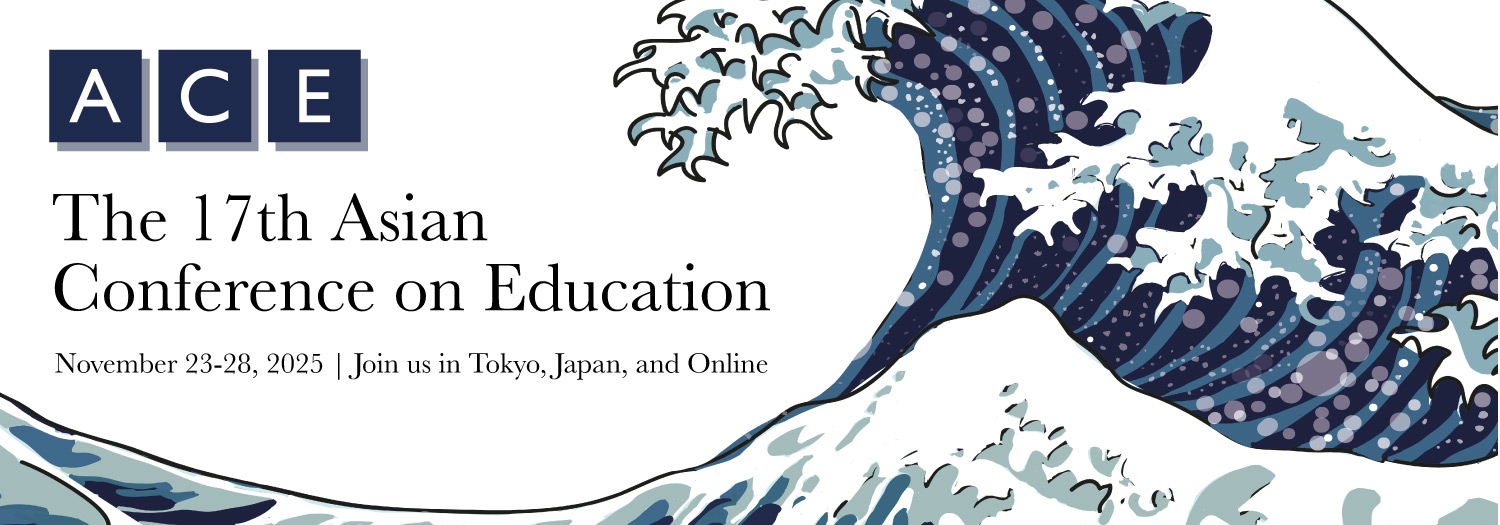Presentation Schedule
A Jigsaw-Based Pedagogy to Promote Interdisciplinary Learning in Health Sciences Education (83655)
Session Chair: Gloria Martínez
Wednesday, 27 November 2024 13:45
Session: Session 3
Room: Room 605 (6F)
Presentation Type: Oral Presentation
The changing global healthcare landscape necessitates a workforce skilled in interdisciplinary approaches to address evolving health challenges. To meet this need, NUS School of Medicine introduced a new Minor Program in Integrative Health to promote interdisciplinary learning among students from diverse non-healthcare disciplines. The program employs a webbed curriculum framework where multidisciplinary lectures converge around central health themes, complemented by small-group tutorials employing both traditional and jigsaw pedagogical methods. The jigsaw method groups students by their disciplines to identify health issues, then reassigns them into mixed-discipline groups to develop interdisciplinary solutions. Employing a mixed-methods design, this study compares the effectiveness of jigsaw and conventional methods in enhancing interdisciplinary learning outcomes through (1) Interdisciplinary Understanding Questionnaire (IUQ), (2) scoring of tutorial assignments with rubrics framed by the SOLO taxonomy, and (3) semi-structured interviews. Of the 20 students enrolled in the program's inaugural course, 18 participated in the study. Quantitative analysis revealed that the jigsaw pedagogy, when compared with conventional methods, enhanced knowledge of interdisciplinary and collaborative skills. This was supported by improved scores in multi- and interdisciplinary (but not transdisciplinary) assignment domains, as well as the commons themes identified from the semi-structured interviews. Our approach contrasts traditional learning models by engaging students in a jigsaw-based tutorial system, which facilitates initial discipline-specific mastery followed by interdisciplinary collaboration. This study contributes to the sparse empirical evidence on effective interdisciplinary education strategies, offering insights that could inform future curriculum developments aimed at preparing students for the complexities of modern healthcare challenges.
Authors:
Ivan Cherh Chiet Low, National University of Singapore, Singapore
Amanda Wong, National University of Singapore, Singapore
Swapna Haresh Teckwani, National University of Singapore, Singapore
Lily Rozana Joehann Aung, National University of Singapore, Singapore
About the Presenter(s)
Dr. Ivan Low is a Senior Lecturer and the Director for Continuous Education Training (CET) in the Department of Physiology, Yong Loo Lin School of Medicine, National University of Singapore (NUS).
Connect on Linkedin
https://www.linkedin.com/in/ivan-low-8a599878
See this presentation on the full schedule – Wednesday Schedule





Comments
Powered by WP LinkPress